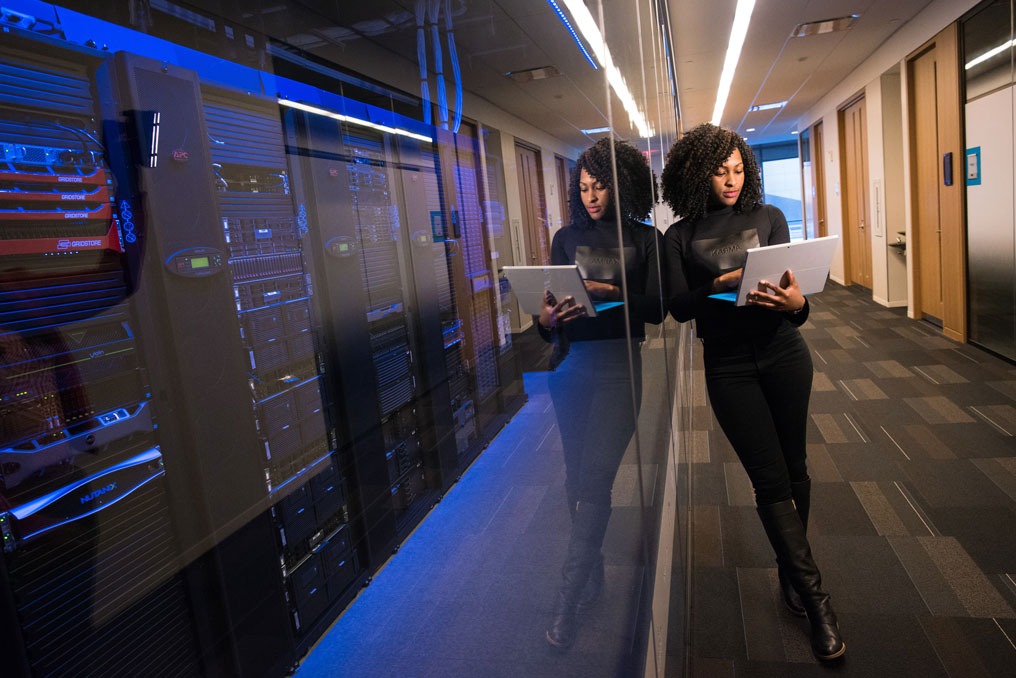On Day 2 of IEEE Quantum Week (QCE20), Quantropi’s Randy Kuang and Nicolas Bettenburg presented a paper: Quantum Public Key Distribution Using Randomized Glauber States in which they proposed a novel Quantum Key Distribution (QKD) mechanism over a pure optical channel with randomized Glauber states. As a company that believes only “quantum can take on quantum”, we’re always paying close attention to discussions about quantum-secure communications, including those involving QKD and PQC. One such discussion: Efficient Routing For Quantum Key Distribution Networks was also presented at QCE20.
Presented by Omar Amer, a Ph.D. candidate at the University of Connecticut, this paper explored three new algorithms while modeling the performance of the E91 entanglement-based QKD protocol. The model network consists of both quantum repeaters and trusted nodes. Based on their analysis of grid QKD networks, Amer et al concluded that “optimally placed” trusted nodes can help resolve a very serious problem affecting key rates in QKD systems – decoherence. Even the addition of a single trusted node, they believe, can greatly increase the key rates achievable, and this is still the case in networks with ideal quantum repeaters. They also believe that trusted nodes can facilitate the establishment of efficient multi-node QKD networks covering long distances.
While the paper does present some new ideas to resolve the long-standing decoherence problem, it hasn’t quite addressed other real-world problems like prohibitive cost, and the impracticality of adding new hardware to existing infrastructure. Adding trusted nodes to deal with decoherence in QKD will adversely affect both cost and complexity, so further research is required to achieve this solution in the real world, “outside the laboratory” setting with practical QKD networks. But until that happens, Quantropi’s QEEP™ is the only quantum-secure solution capable of functioning in the real world over unlimited distances and with ultra-high entropy, that too on today’s existing fiber or even wireless Internet.


